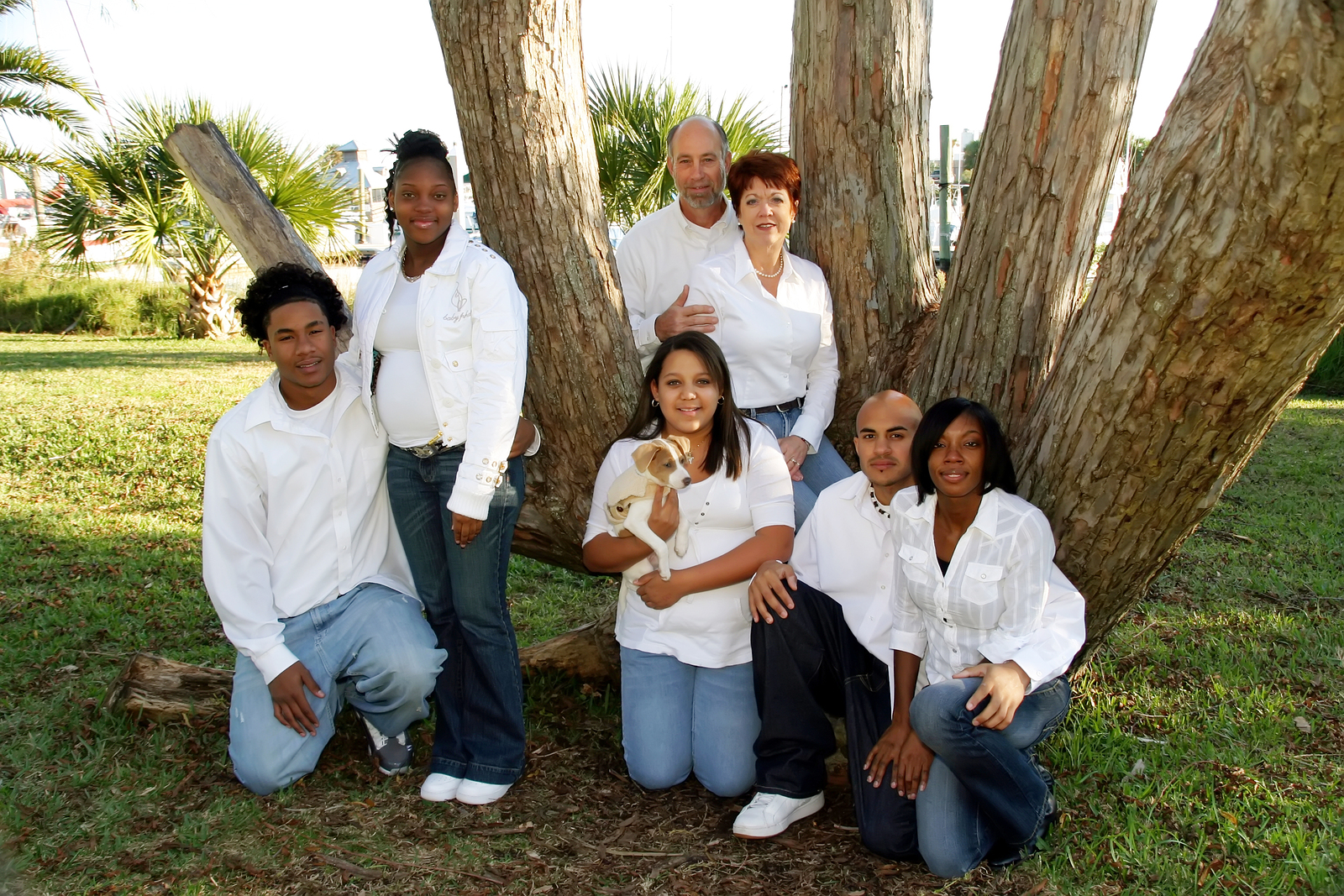
Today, a blended family is more common than ever, with stepfamily members, half-siblings, former spouses, new spouses and every combination of parents, children and partners imaginable. Traditional estate planning, including wills and non-probate tools like transfer on death (TOD) documents, as valuable as they are, may not be enough for the blended family, advises a recent article titled “Legal-Ease: Hers, his and ours—blended family estate planning” from limaohio.com.
Not too long ago, when most people didn’t take advantage of the power of trusts, couples often went for estate plans with “mirror” wills, even those with children from prior marriages. Their wills basically said each spouse would leave the other spouse everything. This will would be accompanied by a contract stating neither would change their will for the rest of their lives. If there was a subsequent marriage after one spouse passed, this led to problems for the new couple, since the surviving spouse was legally bound not to change their will.
As an illustration, Bob has three children from his first marriage and Sue has two kids from her first marriage. They marry and have two children of their own. Their wills stipulate they’ll leave each other everything when the first one dies. There may have been some specific language about what would happen to the children from the first marriages, but just as likely this would not have been addressed.
It sounds practical enough, but in this situation, the children from the first spouse to die were at risk of being disinherited, unless plans were made for them to inherit from their biological parent.
Todays’ blended family benefits from the use of trusts, which are designed to protect each spouse, their children and any child or children they have together. There are a number of different kinds of trusts for use by spouses only to protect children and surviving spouses.
Trust law requires the trustee—the person who is in charge of administering the trust—to give a copy of the trust to each beneficiary. The trustee is also required to provide updates to beneficiaries about the assets in the trust.
A surviving spouse will most likely serve as the trustee when the first spouse passes and will have a legal responsibility to honor the shared wishes of the first spouse to pass.
Your estate planning attorney will be able to explain the many different types of spousal trusts, and which is best for your situation.
Reference: limaohio.com (Aug. 20, 2022) “Legal-Ease: Hers, his and ours—blended family estate planning”
